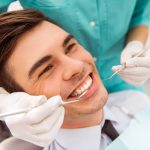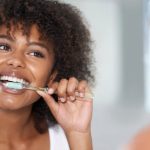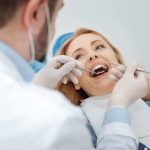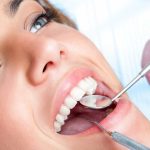When to Indulge in a Burger After Wisdom Teeth Extraction: A Comprehensive Guide
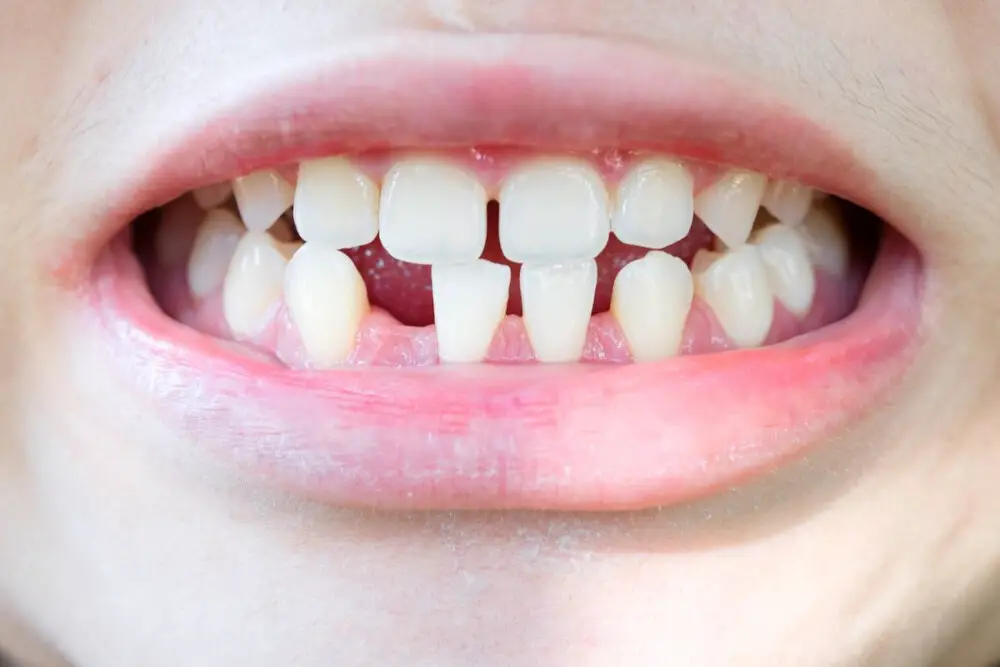
Extracting wisdom teeth can be a daunting experience, and it is essential to take proper care of your oral health to avoid any complications. One of the most common questions asked after wisdom teeth extraction is when one can indulge in their favorite burger. While it may seem like a simple query, the answer varies based on several factors. Eating after wisdom teeth extraction can be tricky, and it is crucial to follow your dentist’s advice to avoid any complications. However, with the right guidance, you can indulge in your favorite foods without harming your healing process. In this comprehensive guide, we will discuss everything you need to know about indulging in a burger after wisdom teeth extraction, including when it is safe to eat, what to consider, and how to prepare your meal. So, sit tight and read on to learn more!
What are Wisdom Teeth and Why Do They Need to be Extracted?
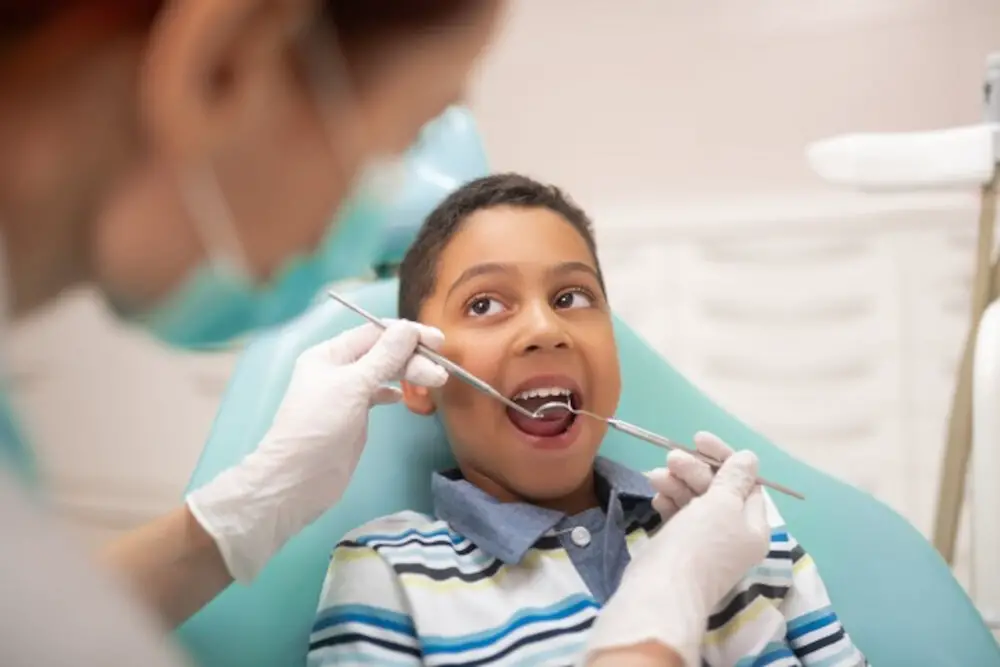
Wisdom teeth, also known as third molars, are the last teeth to grow in the back of the mouth. They typically emerge between the ages of 17 and 25, but for some individuals, they may never appear at all. Wisdom teeth can cause a variety of issues, including overcrowding, misalignment, and infection. As a result, many dentists recommend that patients have their wisdom teeth removed as a preventative measure. One of the primary reasons why wisdom teeth need to be extracted is due to their tendency to become impacted. When a tooth is impacted, it means that it is unable to fully emerge from the gums due to a lack of space in the mouth. This can lead to pain, swelling, and infection. In some cases, impacted wisdom teeth can even push against adjacent teeth, causing them to become misaligned. Removing wisdom teeth before they become impacted can help prevent these issues and promote a healthier, more comfortable smile.
Recovery after Wisdom Teeth Extraction
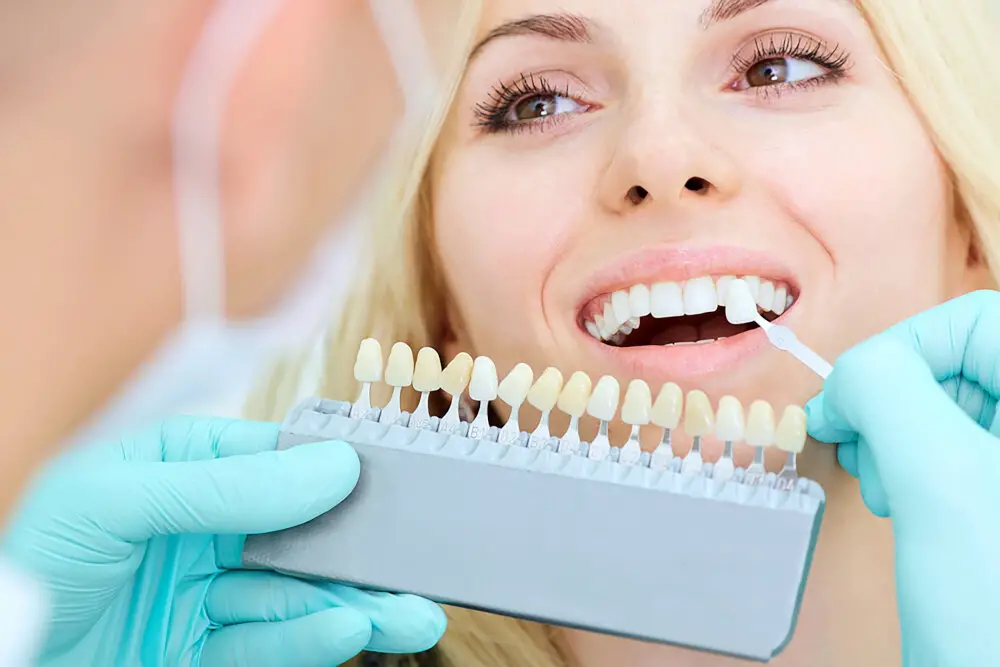
After wisdom teeth extraction, it is crucial to follow the post-operative instructions provided by your dentist or oral surgeon to ensure proper healing and recovery. The first 24 hours following the procedure are the most critical, and it is recommended to rest and avoid any physical activity that could disrupt the blood clot formation in the extraction site. Patients should avoid brushing, flossing, or rinsing their mouth for the first day and consume only soft foods such as soups, smoothies, and yogurt. Applying an ice pack to the cheek can also help reduce swelling and discomfort. In the following days, patients should continue to avoid hard, crunchy, or spicy foods that could irritate the extraction site. Instead, they should consume easy-to-chew foods such as mashed potatoes, scrambled eggs, and oatmeal. Patients should also rinse their mouth gently with warm salt water to promote healing and prevent infection. As the healing progresses, patients can gradually introduce solid foods back into their diet and resume their regular oral hygiene routine. However, it is essential to follow the recommended timeline provided by your dentist or oral surgeon to avoid any complications that could delay the healing process.
After undergoing a wisdom tooth extraction procedure, immediate postoperative care is crucial to ensure a speedy recovery. The first 24 hours after the surgery are critical, and patients must follow their dentist’s instructions carefully. Patients should avoid smoking, spitting, or using a straw as these activities may dislodge the blood clot and delay the healing process. Applying ice packs to the affected area can help reduce swelling and discomfort, while taking prescribed pain medication as directed can alleviate pain. Eating soft and cool foods such as mashed potatoes, yogurt, and ice cream can also be beneficial during the initial recovery period. Overall, following the recommended postoperative care instructions can help prevent complications and promote a smooth recovery.
The first few days after a tooth extraction can be uncomfortable and require special attention. It is important to follow the dentist’s post-operative instructions, which may include taking pain medication and avoiding certain foods. Swelling and bruising are common, and applying ice packs can help reduce inflammation. It is also important to avoid smoking, drinking through a straw, and spitting, as these actions can dislodge the blood clot and delay healing. Patients should stick to soft, easy-to-chew foods and gradually reintroduce solid foods as they heal. Good oral hygiene, including gently brushing and rinsing the mouth, can help prevent infection and promote healing. With proper care, most patients can expect to fully recover within a week or two.
The second week after wisdom teeth extraction is a crucial phase in the healing process. The initial swelling and pain may have subsided, but it is important to continue following the aftercare instructions provided by your dentist or oral surgeon. During this period, the focus should be on promoting proper healing and reducing the risk of infection. Patients should avoid smoking, consuming alcohol, and eating hard, crunchy, or spicy foods that could irritate the surgical site. It is also recommended to continue taking pain medication as prescribed and using ice packs to reduce any residual swelling. While it may be tempting to indulge in a burger or other favorite foods, it is important to wait until your dentist gives you the green light to resume your normal diet.
When Can I Eat a Burger after Wisdom Teeth Extraction?
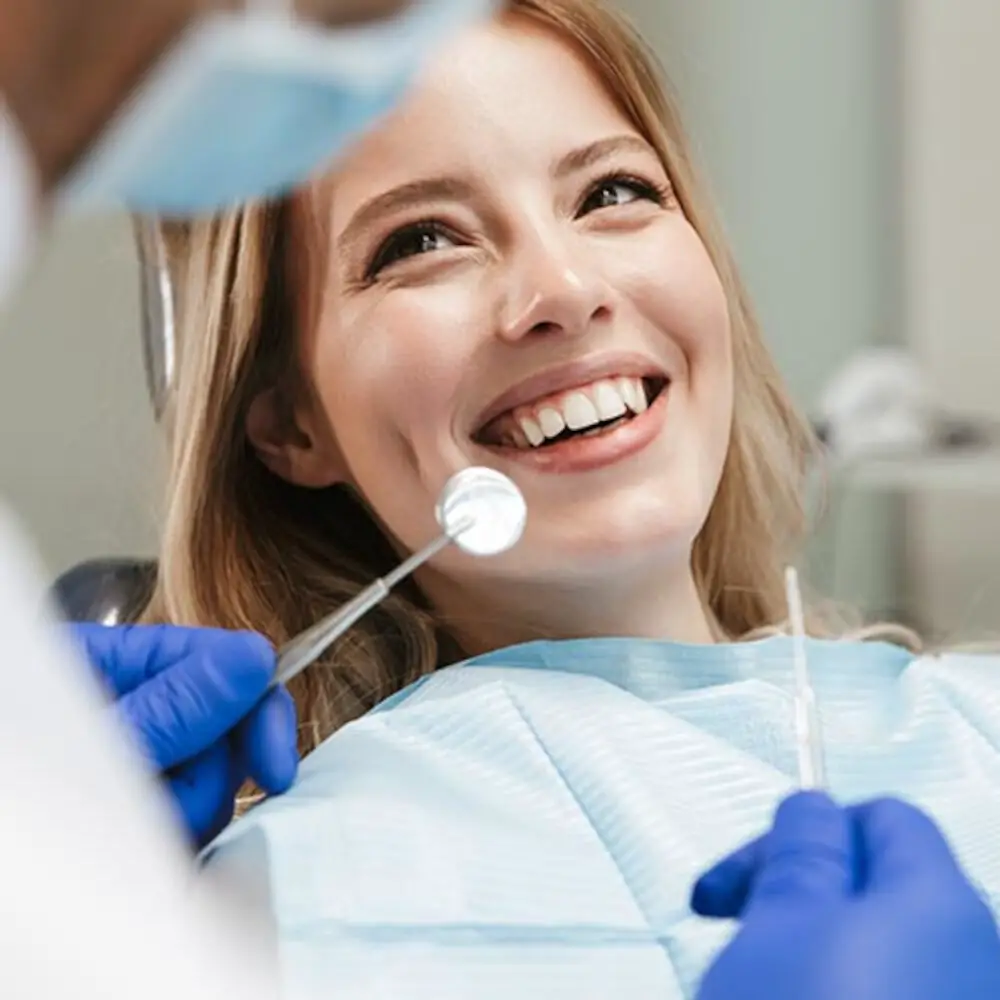
After wisdom teeth extraction, it is important to follow the instructions of your dentist or oral surgeon. One of the most common questions is when can I eat a burger after wisdom teeth extraction? The answer to this question depends on several factors, including the type of extraction, the healing process, and your individual recovery. Generally, it is recommended to wait at least 48 hours after the procedure before consuming solid foods, especially foods that require a lot of chewing, such as burgers. During the first 24-48 hours after wisdom teeth extraction, your body is busy healing the surgical site. It is important to stick to a soft food diet during this time to avoid any complications, such as dislodging the blood clot or causing infection. Soft foods such as yogurt, smoothies, soup, and pudding are ideal during this period. After the first 48 hours, you can gradually start to introduce more solid foods into your diet. However, it is still important to avoid hard, crunchy, or chewy foods that can damage the surgical site. When you do eventually indulge in a burger, make sure it is cut into small pieces and chewed on the opposite side of the extraction site to prevent any irritation or discomfort.
When it comes to deciding whether or not to indulge in a burger after wisdom teeth extraction, there are several factors to consider. First and foremost, it is important to follow your dentist’s aftercare instructions to ensure proper healing and minimize the risk of complications. Additionally, you should consider the type of burger you want to eat – a soft, well-cooked patty may be less likely to cause discomfort than a harder, more heavily seasoned burger. You should also consider the timing of your burger indulgence – waiting a few days after surgery to eat solid foods may be advisable to allow the surgical site to heal. Ultimately, the decision to eat a burger after wisdom teeth extraction should be made carefully and with consideration for your individual circumstances.
After getting wisdom teeth extracted, it is essential to follow a soft food diet for the first few days. Solid food can aggravate the wound site and lead to complications. Soft foods such as smoothies, soups, and mashed potatoes are easy to swallow and do not require much chewing, allowing the wound to heal properly. However, as the healing process progresses, one can gradually shift to solid food. But it is crucial to avoid hard, crunchy, and chewy food items that can scratch or damage the wound. Opt for soft burgers, scrambled eggs, or pasta dishes to satiate your cravings without endangering the healing process.
Proper chewing techniques are essential for maintaining good oral health and preventing complications after wisdom teeth extraction. It is recommended to avoid hard and crunchy foods, spicy and acidic foods, and foods that require excessive chewing. Soft and pureed foods are the best options during the initial recovery period. Once the initial healing period is over, gradually reintroduce solid foods and chew each bite slowly and carefully, avoiding the extraction site. Chewing on the opposite side of the mouth from the extraction site can also help prevent discomfort and injury. Proper chewing techniques can aid in healing and prevent complications, allowing you to indulge in your favorite foods, like a burger, without worry.
The recommended time frame for indulging in a burger after wisdom teeth extraction is usually around one week. This is because during the first few days after the procedure, there will be a lot of swelling and pain in the affected area, which makes it difficult to eat solid foods. However, after a few days, the swelling and pain will start to subside, and you can gradually start to reintroduce solid foods into your diet. It is important to listen to your body and take things slowly, starting with soft foods like mashed potatoes or soup before moving onto harder foods like burgers. By following this recommended time frame, you can ensure that your recovery process goes smoothly and you can enjoy your burger without any complications.
What Foods to Avoid after Wisdom Teeth Extraction?
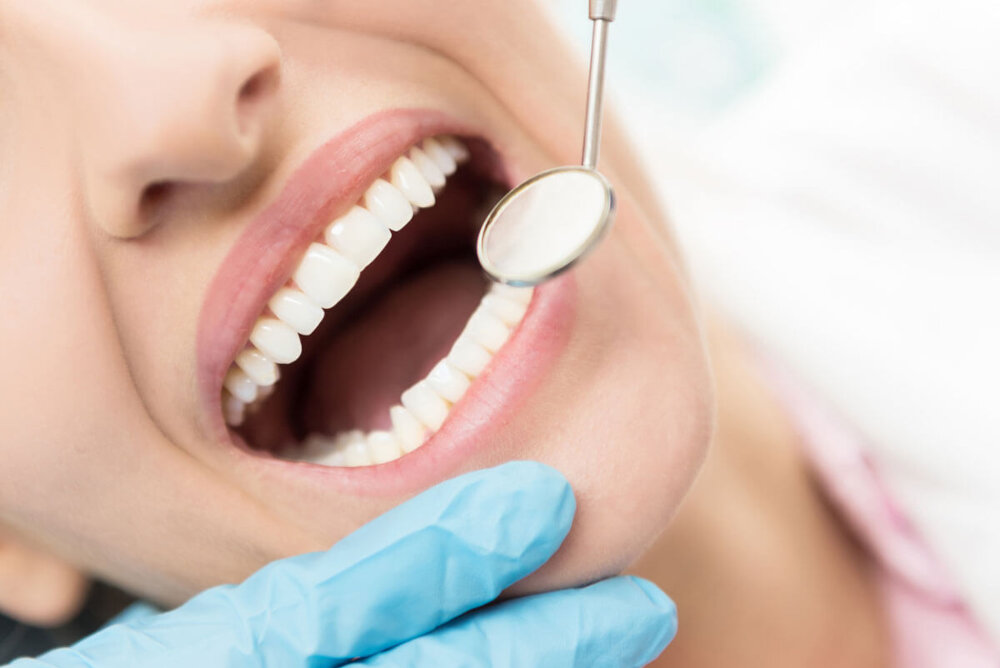
After wisdom teeth extraction, it is important to follow a specific diet to promote proper healing and avoid any complications. Certain foods should be avoided to prevent any discomfort or irritation to the surgical site. For the first few days after the procedure, it is recommended to avoid hard, crunchy, and sticky foods that can dislodge the blood clot and delay the healing process. Foods like popcorn, chips, nuts, and candy can get stuck in the sockets and increase the risk of infection. It is also best to avoid spicy and acidic foods that can irritate the healing area and cause pain. These include hot sauces, tomato-based sauces, and citrus fruits. Additionally, it is important to avoid alcohol and smoking for at least 24 hours after the procedure. Alcohol can interfere with the healing process and increase bleeding, while smoking can delay healing and lead to complications. Carbonated beverages and straws should also be avoided as they can disrupt the blood clot and cause dry socket, a painful condition where the blood clot is dislodged or dissolved, exposing the underlying bone and nerves. Instead, opt for soft, bland, and healthy foods like mashed potatoes, scrambled eggs, yogurt, and smoothies to promote healing and reduce discomfort. By following a proper diet after wisdom teeth extraction, you can ensure a smooth and speedy recovery.
When it comes to consuming food after wisdom teeth extraction, it is crucial to consider the texture of the food. Hard and crunchy foods should be avoided as they can irritate the surgical site and even get stuck in the socket, leading to infection. Examples of such foods include nuts, chips, popcorn, and hard candies. It is best to steer clear of these foods for at least a week after the procedure and opt for soft and easy-to-chew options like mashed potatoes, soup, scrambled eggs, and smoothies. While indulging in a burger may be tempting, it is important to prioritize proper healing to avoid complications.
Spicy foods can be a tempting indulgence for many people, but they should be avoided after wisdom teeth extraction. The heat from spices can irritate the sensitive tissues in the mouth, causing pain and discomfort. Additionally, spicy foods can increase blood flow to the extraction site, which can lead to bleeding and delay the healing process. It’s best to stick to bland, soft foods for the first few days after surgery and gradually introduce more flavorful options as the mouth heals. While it may be hard to resist the allure of spicy cuisine, it’s important to prioritize your oral health and follow your dentist’s recommendations for a smooth recovery.
Carbonated and alcoholic beverages are typically not recommended after wisdom teeth extraction as they can cause irritation and delay the healing process. The carbonation in drinks like soda can create pressure in the mouth, leading to discomfort and potential disruption of the blood clot that forms after the extraction. Additionally, alcohol can interfere with the healing process and increase the risk of bleeding. It is best to opt for non-carbonated, non-alcoholic beverages like water, tea, and fruit juices to promote healing and avoid any unnecessary complications.
Conclusion
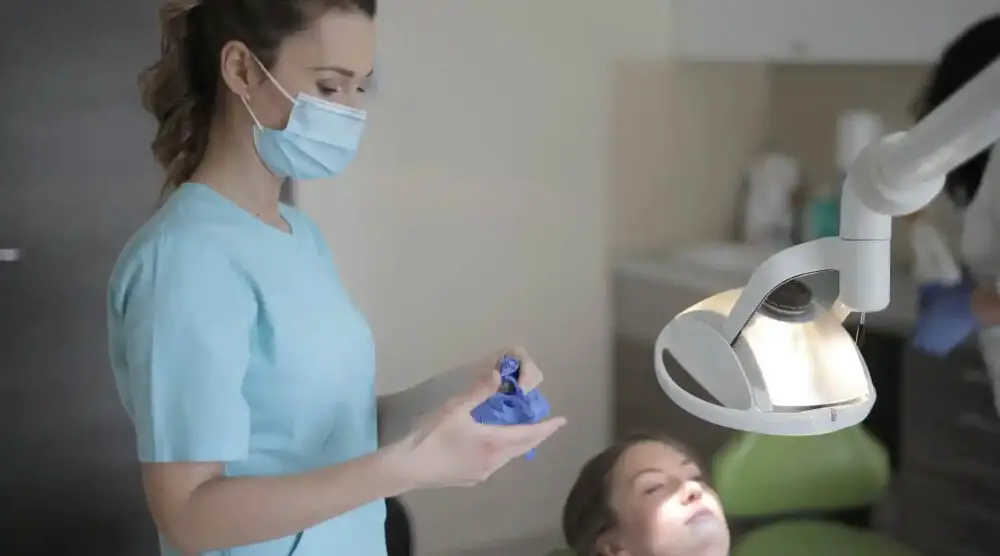
In conclusion, the process of recovering from wisdom teeth extraction can be a challenging and uncomfortable experience for many individuals. However, by following a comprehensive guide on when to indulge in a burger after the procedure, patients can ensure that they are taking the necessary steps to promote healing and prevent complications. While it may be tempting to indulge in a juicy burger immediately after the extraction, it is essential to prioritize rest and a soft-food diet in the initial recovery period. Gradually introducing firmer foods, including burgers, can be a satisfying milestone in the recovery journey. Ultimately, by carefully following the guidance of dental professionals and taking a patient and cautious approach to recovery, individuals can minimize discomfort and achieve a full and speedy recovery.
